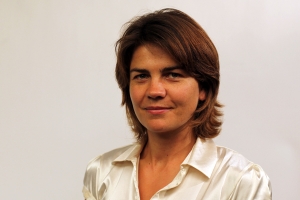Professor(s)
Notes
Humans all over the world developed mathematical methods and concepts in order to learn and solve problems about their families, their societies, their world and their universe. This process, while seen as the achievement of groups of people, mirrors many of the key factors individuals address in their own voyages of learning – curiosity and attention; creativity and intuition; exploration and problem solving, as well as the importance of sociality, collaboration and memory.
In this course we will trace some of these ideas, starting with an autobiography of our own experiences in this domain. We will look at similarities and differences in ways that people from a number of different parts of the world created notions of number and shape and how that helped them better understand and navigate – both figuratively and literally – their worlds.
We will investigate the relationships between an explanation, a justification and a proof; between observations, data and conclusions; and between an analogy, a mental model and a mathematical model. Exploring patterns and coding information, we will invent artificial languages and make music. We will see how humanity’s understanding of learning is being abstracted to machine learning, such as ChatGPT, and how information and data can be shared, and instructions given – in the form of recipes just as computer algorithms.
Throughout, each student will be encouraged to reflect on their own learning experience – how do they learn? How can they adapt their learning style to different subjects? How can they apply the principles of curiosity, creativity, problem solving and collaboration to their own learning voyage?
Learning Outcomes
- Students will comprehend how information is produced and valued in order to discover, evaluate, use, and create information and knowledge effectively and ethically. In FirstBridge, students will demonstrate the conversational nature of scholarship, and recognize their potential role and responsibilities as contributors to that conversation. For each discipline taught in FirstBridge, students will identify reference works, journals, databases and/or major works in history, in order to start effective research in the field. (FB LO1)
- Students will acquire the study skills, time management, and interpersonal skills needed to meet the demands of university-level academic work at a Liberal Arts College individually or as a team. Students will value the multiple meanings of place through experiential learning at AUP and beyond in the Parisian or global context. (FB LO2)
Syllabus
Schedule
| Day | Start Time | End Time | Room |
|---|---|---|---|
Monday | 15:20 | 16:40 | PL-4 |
Thursday | 15:20 | 16:40 | PL-4 |

